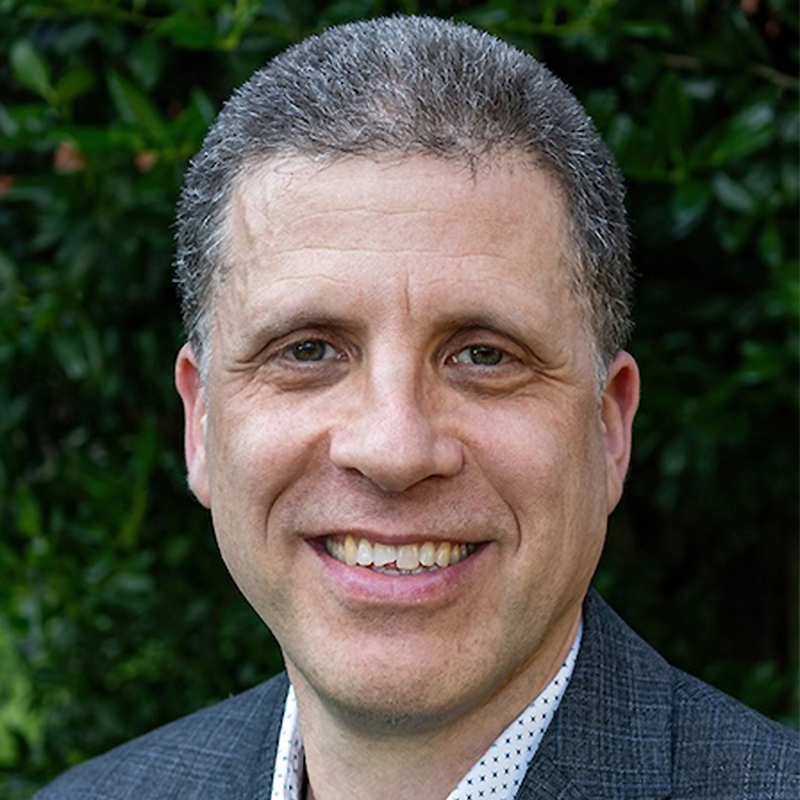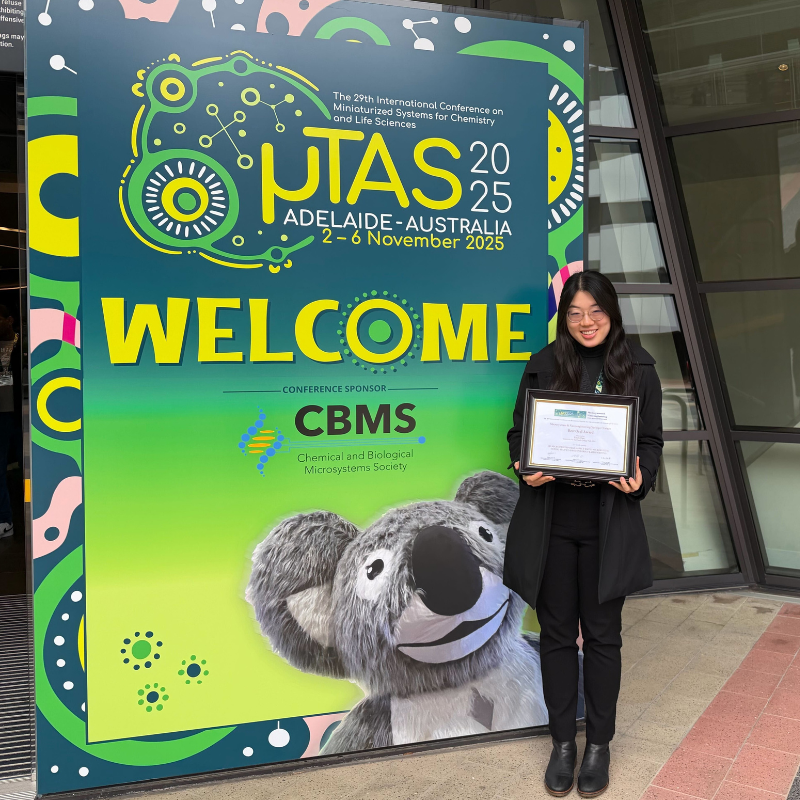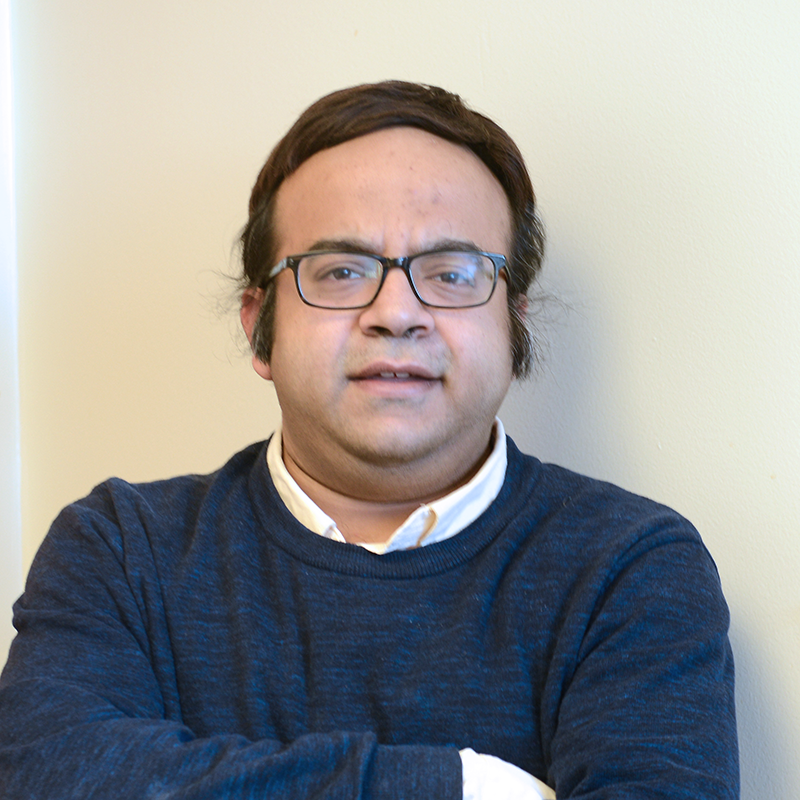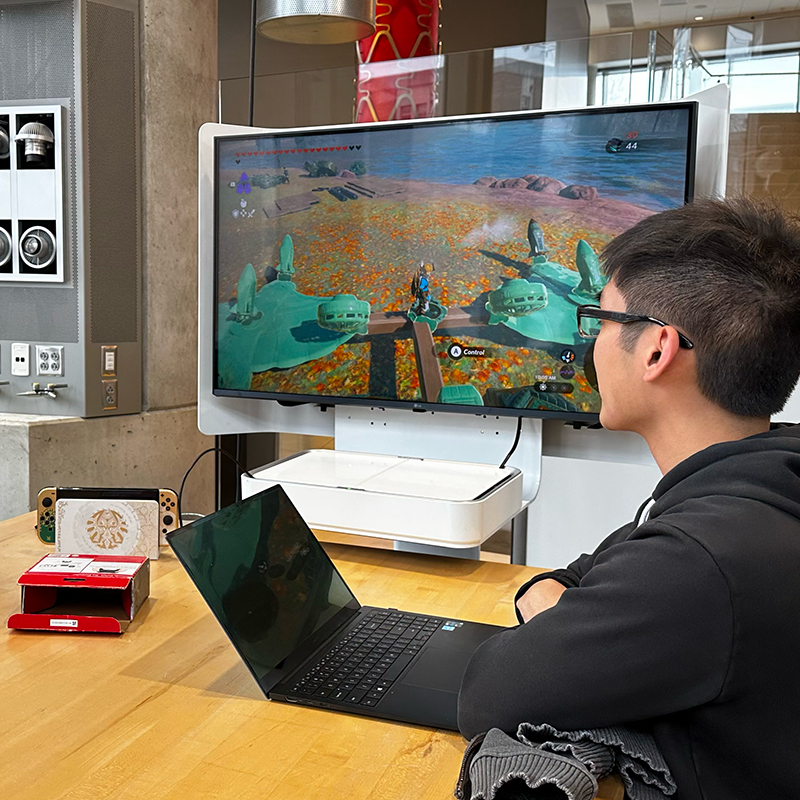News Story
Failure is an Option
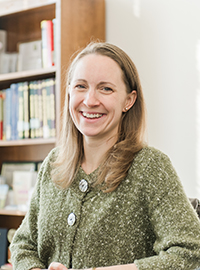
Cara Martin
Cara Martin’s biggest lesson from graduate school started with a bang. “It was actually more of a pop,” recalls Martin on the fateful day, when a miscalculation on a household refrigerator experiment damaged the accumulator she was testing. It was a major setback—and she’d have to come clean to the lab director, Reinhard Radermacher, who was also her advisor. “I remember summing up the courage to tell him on the way to our weekly Friday lunch. I expected him to be mad and frustrated.” Instead, Radermacher told her a story about making a mistake while he was in graduate school, and that the most important thing is that she learns something from it. “It totally blew my mind. It was one of the first times I had been told it was ok to fail.”
It’s a story she tells a lot. “Every time I talk with students, I share that story. I want them to know it’s ok to talk about failure and that we all do it. If you don’t fail, you limit your opportunities to grow. And that even when you blow something up, as long as you learn from it, it’s ok.”
Martin isn’t experiencing a lot of failure these days. With two degrees from the Department of Mechanical Engineering (BSME ’06, MSME ’07), she is COO of Optimized Thermal Systems (OTS), a consulting firm that helps clients refine and test new energy technologies for market. Since joining OTS six years ago, where she works with Rademacher, Martin has tripled the company’s size and revenue, nabbing her a Leading Women Award from the Daily Record in 2018. She approaches OTS’ clients—who range from large equipment manufacturers to mid-tier suppliers and start-ups—as unique partnerships, scoping their needs and filling in the gaps that are stalling their progress. She approaches competition the same way. “There aren’t a lot of folks who do what we do, but when we do come across them, my immediate response is, can we collaborate rather than compete?”
“It totally blew my mind. It was one of the first times I had been told it was ok to fail.”— Cara Martin
The idea that people “work better together” is one Martin adopted early. She was one of two girls in a high school introduction to engineering class; because they were friends, she and the other girl joined forces early, winning competitions regularly by building off each other’s ideas and through the support of a fantastic teacher. “We were in the minority, but [our teacher] treated everyone as equals. He taught us that we could do this and gave us all the tools we needed. Thinking back, he was really instrumental in crafting my interest in engineering.”
At UMD, Martin was one of a handful of undergraduates to work with Rademacher at the Clark School’s Center for Environmental Energy Engineering (CEEE), initially lobbying for a spot so that she could keep up with her German, a second major she dropped her sophomore year. “I didn’t want to give it up entirely, so I more or less Googled engineering research opportunities with any German connection.” Because he ran a German exchange program for UMD, Rademacher came back in the search results. In the CEEE lab, Martin found a tight-knit, supportive team. She had a neat arrangement with her lab partner from Germany, Jan Muehlbauer (MSME ’06), who would tighten up her experiments in exchange for proof-reading help. And while she initially pursued the position for the German connection, she was fascinated with the research and buoyed by the supportive, “good ideas win” atmosphere. After graduation, she kept in contact with Rademacher. She was lured back to Maryland in 2013 when Rademacher asked her to head up his consulting business, which was growing faster than he could manage. She agreed to take the leap.
Martin is very happy with where she’s landed, meshing her love for engineering with the challenge of running a business. With OTS hitting its stride, she’s concentrating on streamlining the operations, which includes the lab they have carefully built over the past five years. New business and non-traditional clients are breaking them out of their bubble and shaping their brand, something she is anxious to continue. And then, there’s the matter of a little project in Baltimore. A need to test technology in the field has inspired Martin and Rademacher to explore a radical concept first tested by Purdue—commandeering and rehabbing a block of housing for a “living/learning lab.” She sees Baltimore as the perfect concept site, offering a place to explore new sustainability concepts while simultaneously helping revitalize some of the 40,000 vacant rowhouses currently in the city. While still in early stages, it’s what gets Martin excited these days. “It’s a crazy idea, but it’s right up our alley,” says Martin. There may be some failures along the way. No doubt, Martin will learn from them.
Published January 24, 2020





